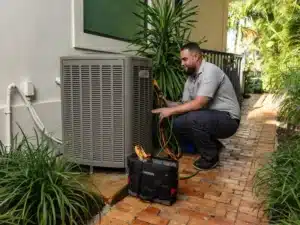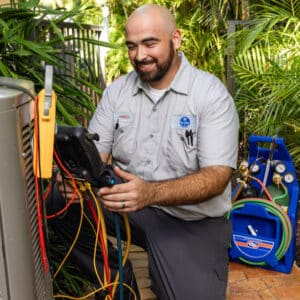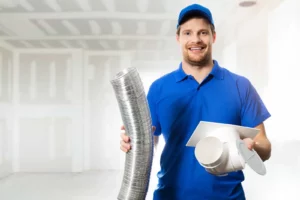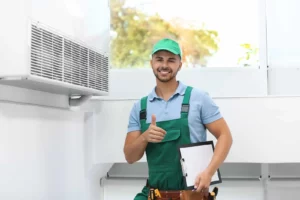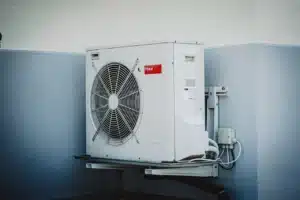In the Sunshine State, where the weather can be relentless, central air conditioning systems are a saving grace. But beyond just keeping us cool, these systems play a crucial role in determining the quality of the air we breathe indoors. Let’s cut through the technical jargon and dive into the practical aspects of how central air systems circulate and impact air quality in Florida homes.
How Central Air Systems Work
Central air systems operate on a simple principle: they circulate air throughout your home. Here’s a brief breakdown of the process:
Air Intake
The system pulls in air from your home through return ducts. This air can contain dust, allergens, and other particles.
Filtration
Before the air is cooled, it passes through filters designed to capture dust and contaminants. Regularly changing these filters is crucial for maintaining good air quality.
Cooling or Heating
The air is then either cooled or heated, depending on your thermostat settings.
Distribution
Once conditioned, the air is pushed back into your living spaces through supply ducts, maintaining a comfortable temperature.
Ventilation and Air Exchange
One common misconception is that central air systems only recirculate indoor air. In reality, modern systems are designed to include ventilation components that bring in fresh outdoor air. This process helps dilute indoor pollutants and enhances overall air quality.
Maintaining Indoor Air Quality
Regular Maintenance
Schedule routine inspections and maintenance for your central air system. This includes cleaning or replacing filters, checking ducts for leaks, and ensuring the system operates efficiently.
Ventilation Strategies
Consider implementing ventilation strategies, such as using exhaust fans in kitchens and bathrooms, to further enhance air exchange.
Humidity Control
Florida’s humidity can be a challenge. Central air systems often include dehumidification features, reducing the risk of mold growth and improving comfort.
Potential Issues and Solutions
Duct Contamination
Over time, ducts can accumulate dust and mold. Professional duct cleaning can mitigate this issue.
Filter Neglect
Neglecting filter changes can compromise air quality and strain the system. Regularly replace filters as recommended by the manufacturer.
Conclusion
Understanding how your central air system operates is the first step toward maintaining good indoor air quality. In Florida, where allergies and humidity are common concerns, staying informed about ventilation, filtration, and maintenance practices is key. By taking a proactive approach, you can ensure that your central air system not only keeps you cool but also contributes to a healthier indoor environment for you and your loved ones.
